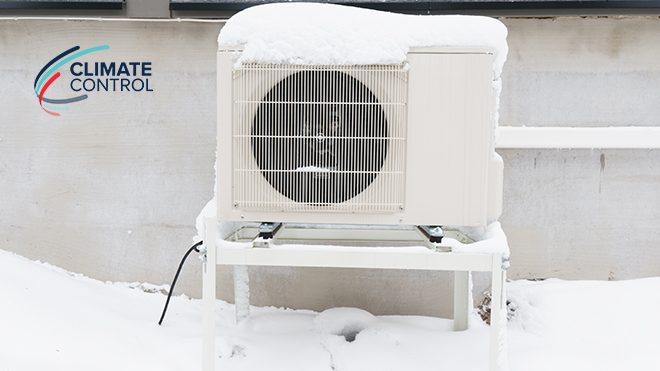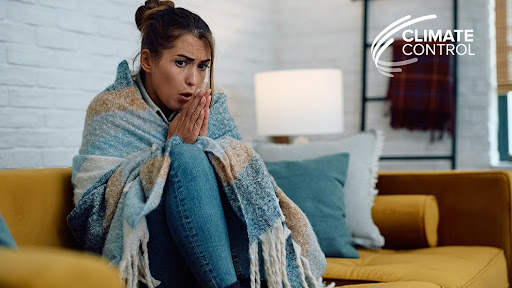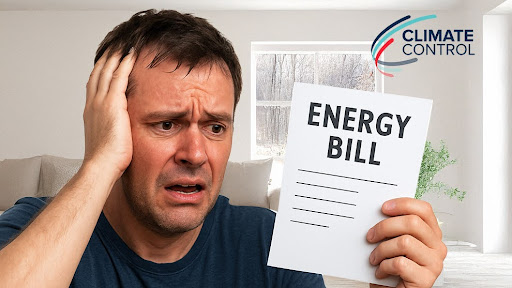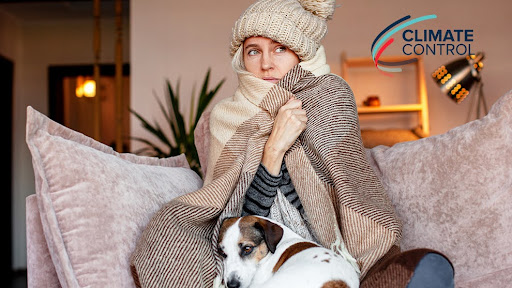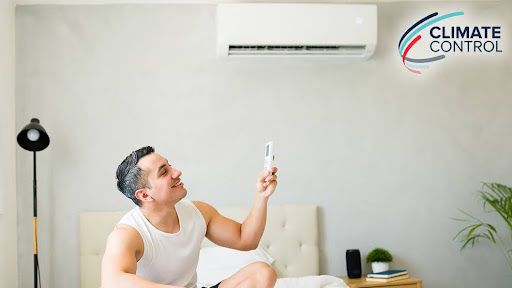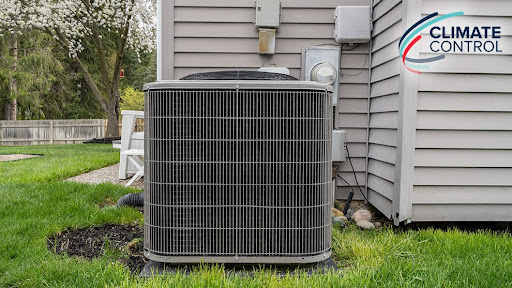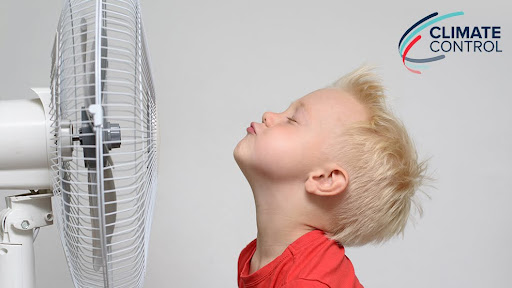When Should I Use My Emergency Heat?
Many homeowners use heat pumps as their primary heat source. With the development of cold weather heat pumps, this versatile home heating option is even more popular. Even though cold weather heat pumps have the capability to operate even in extreme temperatures, like standard heat pumps, when outdoor temperatures drop below the minimum threshold, it’s good to have an auxiliary heat system in place. Emergency heat and auxiliary heat are not synonymous.
To better understand when emergency heat should be used, let’s take a look at heat pump basics. Heat pumps don’t create heat on their own. Rather they use refrigerant and electricity to transfer warmth from one place to another. Heat pumps are extremely efficient under optimal conditions, but when temperatures fall below 40 degrees Fahrenheit for a traditional heat pump, having a secondary heat source is best. Cold weather heat pumps have a lower threshold, but an auxiliary heat source is typically a good idea.
What Is Emergency Heat?
Emergency heat is the option that takes over when there’s a problem with your heat pump such as icing over or having incurred damage versus the situation when normal weather conditions are too extreme for the heat pump to keep up, which causes the auxiliary heat to engage. Emergency heat allows the heat pump and the compressor to completely shut down to prevent damage to the outdoor heat pump system.
Most heat pump consumers have electric heat strips for emergency heat while other emergency heat sources are powered by gas or oil. In either case, the emergency heat is manually turned on at the thermostat by the homeowner.
When Is It Needed?
Emergency heat should only be used when there is an emergency with your heat pump. Long term use may cause serious damage to your heat pump.
To learn more about emergency heat on heat pumps or the installation of an auxiliary heat source to complement your heat pump, call the professionals at Climate Control Company.
Schedule your no-cost in-home consultation today with one of Climate Control’s Comfort Specialists.

